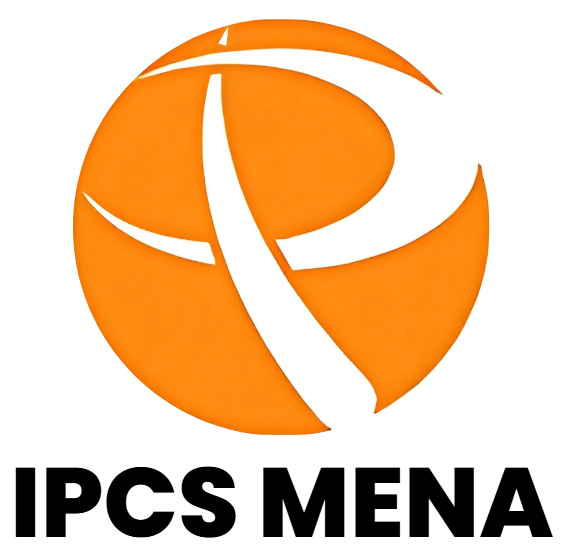Category Management
Category management is a strategic approach to managing a group of related products or services as a single unit, with the goal of maximizing their overall performance and profitability. In the context of innovation in performance consultancy and sustainability, category management becomes an essential tool for organizations to optimize their operations, deliver value, and align with the evolving demands of both consumers and regulatory bodies. It combines a deep understanding of market dynamics, consumer behavior, and supply chain efficiencies with the need for sustainability-focused practices.
The Role of Category Management in Innovation
Category management’s role in innovation revolves around rethinking traditional approaches to product or service offerings. It involves adopting a data-driven, consumer-centric approach to identify opportunities for new product development, process improvements, and value creation. By analyzing purchasing patterns, market trends, and competitive intelligence, consultancies can help businesses make informed decisions that lead to more innovative offerings in the market.
In performance consultancy, this means advising clients on how to innovate within a specific category—whether it’s by introducing new product variants, redefining product positioning, or leveraging emerging technologies. Innovation in category management also focuses on finding ways to streamline operations, enhance product differentiation, and foster brand loyalty through continuous improvement.
For example, in the consumer goods industry, category management might focus on the introduction of sustainable product lines or eco-friendly packaging, areas where there is increasing consumer demand. In this context, innovation becomes not just about technological advances, but about finding novel ways to meet the evolving needs of consumers and addressing market gaps in sustainability.
Category Management in Performance Consultancy
Performance consultancy focuses on optimizing operational efficiency, reducing costs, and increasing profitability. Category management aligns closely with these goals by optimizing the procurement process, inventory management, and supply chain strategies. For businesses, managing categories effectively means ensuring that they have the right mix of products at the right time, in the right quantity, and at the right cost.
Category managers in a consultancy will assess a wide range of factors, such as costs, supplier performance, market demand, and consumer preferences, to ensure that clients are maximizing their returns while minimizing waste. They also play a critical role in strategic sourcing and vendor management, helping businesses forge relationships with suppliers who share the company’s commitment to sustainability. This can include selecting suppliers with environmentally responsible practices, or ensuring that raw materials come from sustainable sources.
Consultants can also use category management to help clients adopt lean methodologies in managing inventory and reducing excess stock, both of which contribute to cost savings and better resource management. This operational efficiency is vital for businesses looking to reduce their carbon footprint and improve sustainability performance.
Category Management and Sustainability
The growing emphasis on sustainability is significantly reshaping how organizations approach category management. Companies are increasingly expected to adopt green practices and contribute to social and environmental goals. In this context, category management takes on a dual role: it is not only about optimizing product and service offerings but also ensuring that these offerings are sustainable and aligned with environmental, social, and governance (ESG) standards.
Performance consultancies that specialize in sustainability can help businesses integrate sustainable sourcing practices into their category management strategies. For example, a consultancy could advise a manufacturing company to prioritize renewable materials in the production of their products or help a retailer select suppliers who adhere to fair labor practices. By adopting circular economy principles, businesses can reduce waste and ensure that products are designed with their entire lifecycle in mind—encouraging recycling, reusability, and eco-friendly disposal.
Sustainability also involves supply chain transparency, an area where category management plays a vital role. Using tools like blockchain technology or IoT (Internet of Things) devices, businesses can gain deeper insights into the sourcing and transportation of goods, allowing them to monitor the environmental impact at each stage of the supply chain. This data-driven approach can be used to optimize transportation routes, reduce energy consumption, and minimize carbon emissions.
Furthermore, category management can facilitate the adoption of sustainable packaging, energy-efficient manufacturing processes, and eco-labeling of products, which are key drivers of both consumer trust and regulatory compliance.
Aligning Category Management with Innovation and Sustainability Goals
The integration of category management with innovation and sustainability can lead to the development of new, high-value solutions that meet both consumer demand and regulatory expectations. For consultancies, this means not only recommending strategies that improve business performance but also advising clients on how to innovate responsibly while reducing their environmental impact.
Some key strategies for aligning category management with innovation and sustainability include:
- Sustainable Product Development: Helping clients innovate within their product categories by introducing more environmentally friendly options, such as organic, plant-based, or zero-waste products.
- Digitalization and Automation: Leveraging data analytics, AI, and machine learning to optimize category management processes, forecast demand, and reduce waste.
- Vendor Selection and Collaboration: Assisting clients in selecting suppliers that adhere to sustainability standards and collaborating with them to find eco-friendly solutions that enhance the entire category’s environmental performance.
- Circular Economy Models: Encouraging businesses to adopt product take-back programs, repair services, or refurbishment models that extend the product lifecycle and minimize waste.
